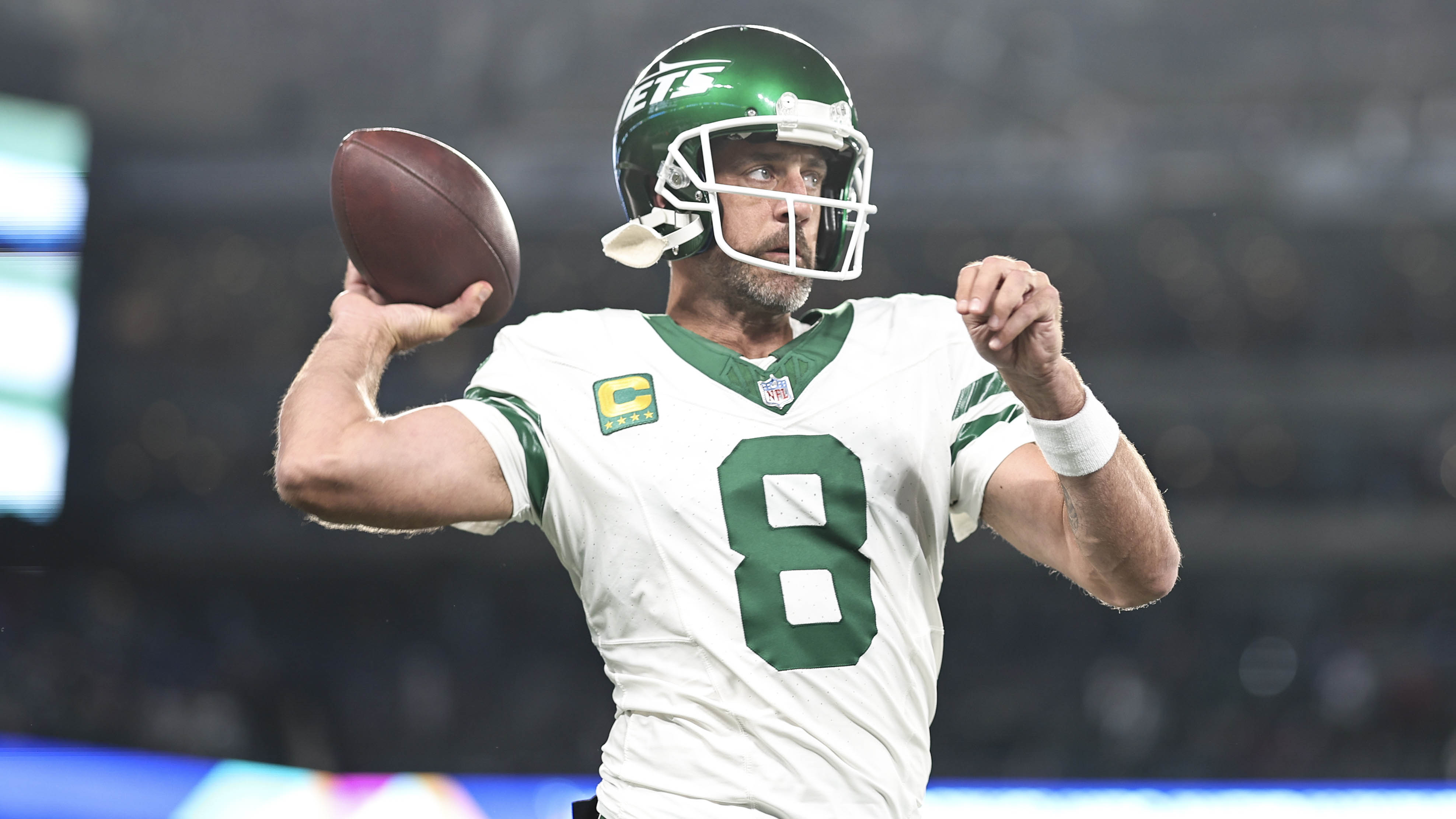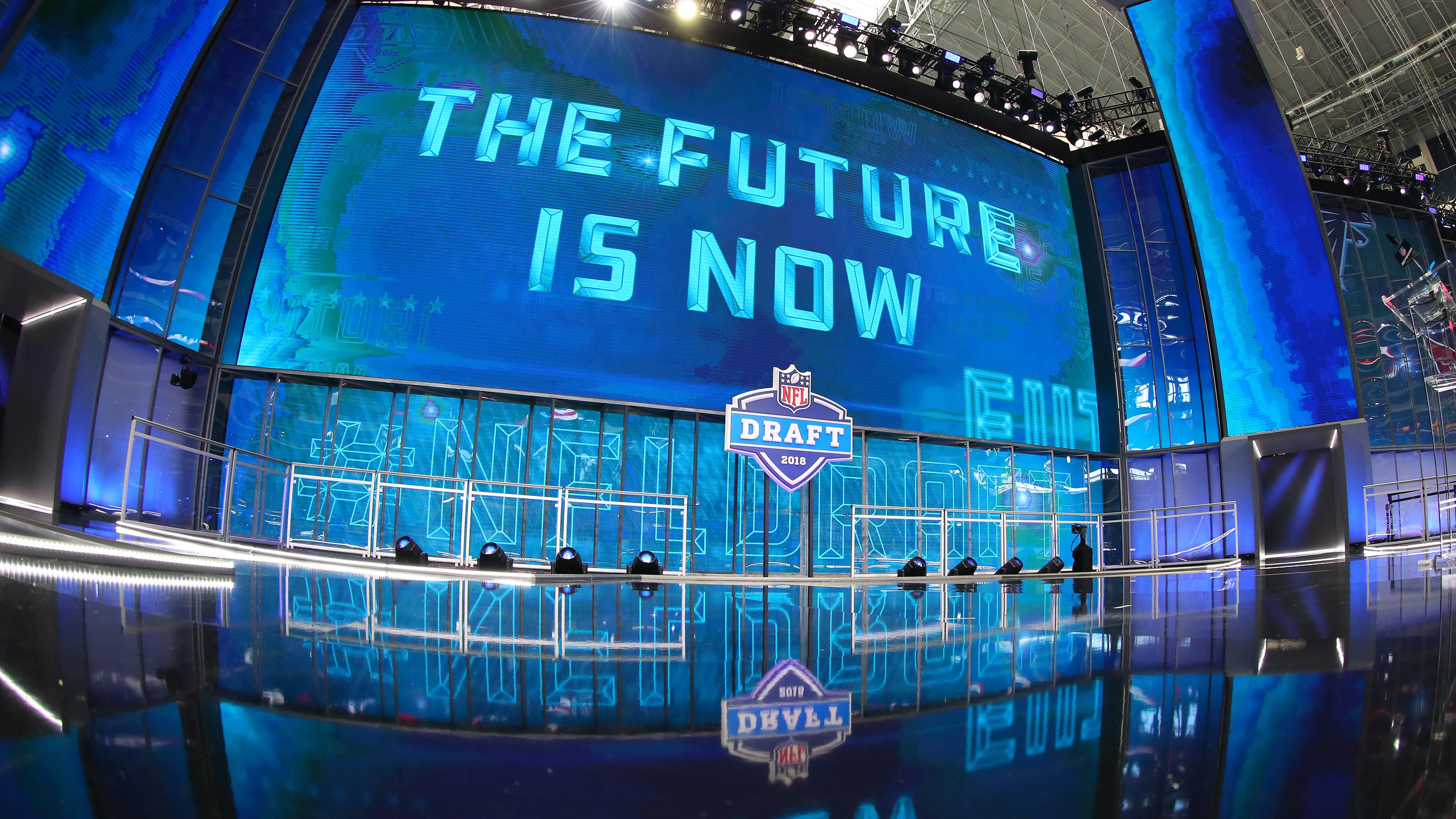
Among the many reasons for Chip Kelly's release was a series of personnel changes that backfired -- but were all of his roster tweaks the wrong decisions? We look back on Kelly's construction of the Eagles and reflect on whether each move was good or bad.
After finishing 32nd and 31st against the pass in consecutive seasons, it was clear the Eagles were in desperate need of an upgrade at cornerback. So they ditched Cary Williams and Bradley Fletcher and went shopping in free agency.
Aside from Darrelle Revis, the most sought-after corner on the market was Byron Maxwell, a 27-year-old, 6’1” defensive back who experienced some success in a great Seattle Seahawks secondary. There were concerns about his inexperience, with only 17 career starts, and how he would fare as the number one cornerback of a less talented defense, but those questions weren’t going to stop suitors.
The Eagles won the bidding war with a six-year, $63 million contract, a price at which Maxwell was almost certain to disappoint. Sure enough, he got torched by Julio Jones in a Week 1 loss to the Falcons, immediately earning a reputation as a bust.
Yet the perception that Maxwell isn’t a decent cornerback may not be entirely justified, and the contract definitely isn’t as awful as it sounds.
Evaluating Maxwell
It would be fair to characterize Maxwell’s season as up and down. It began at a low point with Jones’ big game – nine catches for 141 yards and two touchdowns – then the following week, Maxwell appeared to give less than full effort on a 42-yard Terrence Williams catch-and-run during the fourth quarter of a loss to the Cowboys.
Maxwell would turn it around in the weeks that followed. According to Pro Football Focus, from Weeks 3 to 13, the fifth-year corner was targeted 45 times in coverage, allowing 28 completions for 365 yards – a meager 8.1 average per attempt – and zero touchdowns. That works out to 45 yards per game, minus Week 4 against Washington, when he exited early with an injury. Yards per catch were kept to a minimum as well at just 92 total, and he only surrendered one reception over 23 yards during that span.
NFL
But Maxwell would go on to end the season poorly, giving up big plays in back-to-back games against Buffalo and Arizona before going out with an injury. That’s the last thing people remember, which coupled with an ugly first impression, has many people down on his play overall.
Maxwell is not a shutdown cornerback, which is what might be expected for the cost. That doesn’t mean he wasn’t a good addition to the Eagles roster. At the very least, he was certainly an improvement over what they had.
Contract Structure
Did the Eagles overpay Maxwell? Perhaps. What they did not do, however, is over-commit.
Maxwell’s contract works in such a way that the Eagles can get out from under it as early as next season, 2017. In fact, that or some restructuring seems likely. The cap hit will rise to $11.2 million, while the team would eat $3.6 million in dead money – still a savings of $7.6 million. In other words, they can be out from under the so-called six-year deal in as little as two.
Maxwell’s salary last season and next also weren’t unbearable. The cap hit for 2015 was $8.7 million, while it rises to $9.7 million in ’16. That might be slightly more than he’s worth, but the Eagles can stomach that for another season then see we’re they’re at.
Alternatives?
Overpaying is the nature of free agency when it comes to top-flight talent. And besides, what were the Eagles supposed to do, roll with Williams and Fletcher again?
With an $8.1 million cap hit looming, Williams was cut, and after an especially horrid season, Fletcher was allowed to depart a free agent, creating an immediate need at the position. Nolan Carroll couldn’t do any worse than Fletcher, but the only other option on the roster was Brandon Boykin, who the coaching staff felt was too limited by his height. They couldn’t depend on a rookie coming out of the draft, either. By the way, both Williams and Fletcher were released mid-season by their new teams.
You could make a case for some of the other names that were on the market. Pro Bowlers Revis and Antonio Cromartie are older and both wanted to go back to New York anyway. There were some less expensive, stopgap types available as well, but clearly Kelly was hoping to find a more permanent solution.
Conclusion
The reality is Maxwell is not a bad player, he’s merely overpaid, and even that situation isn’t a huge problem. Considering how desperate the Eagles were for cornerback help, it’s hard to find much fault in the signing.
Essentially, it was a two-year gamble on Maxwell developing into an elite cornerback. He has the size, talent and pedigree. Based on his body of work in Seattle, you couldn’t blame anybody for thinking he might make that leap.
And at worst, the Eagles landed a decent starting cornerback for a few years and can then move on. No harm, no foul.
Previously: The Bradford trade, The LeSean-Kiko swap, Signing Murray


